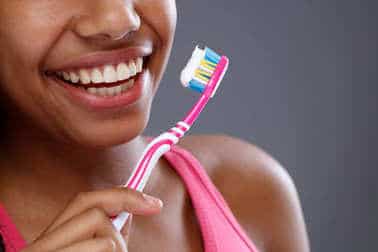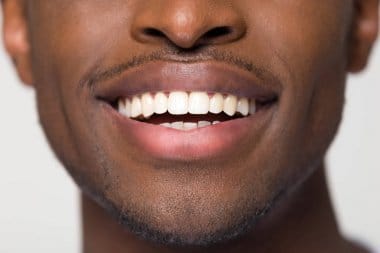Taking care of your teeth and your mouth as a whole is very important, although not many people realise this.
The reason why many people have problems with their teeth is often due to poor dental hygiene.
You can avoid toothache and tooth decay if you learn to take care of your teeth the proper way.
Brushing every day is good but you have to do a bit more than that to ensure that your teeth are in top condition.
The good news is that the things you have to do are quite easy. In today’s article, we would be looking at some top dental practices to observe.
1. Brush before going to bed
Most people (sadly not everyone) brush their teeth every day before they go out.
However, not all of them bother to brush their teeth at the end of the day. While some forget, some do not even know the importance at all.
Nonetheless, brushing your mouth at night is very beneficial to your overall dental health as it helps get rid of germs that would have gathered on the teeth, leaving you with fresh teeth at night. This also lessens bad breath in the morning.
2. Brush the right way
Some people brush their teeth with so much force and aggression that it often results in bleeding gums.
You can brush your teeth properly without getting yourself injured. Be firm but do not be too hard.
Also, avoid using toothbrushes with very hard brittles as it is more likely to cause you injuries. Good toothbrushes come with soft brittles.
Furthermore, there is no need to rush. Take your time by moving your brush across your teeth in circular motions till your cover the whole of your mouth.
Remember to change your toothbrush every three months.
3. Do not skip the tongue
Some people pay so much attention to their teeth and spend little or no time on their tongues.
Irrespective of that, brushing your tongue is very important if you want to get rid of mouth odour.
The tongue accommodates a lot of germs which make the mouth smell. Brushing your teeth helps get rid of stains and prevents the buildup of plaque.
However, brushing your tongue is what removes odour from your mouth. Always keep that in mind.
4. Floss everyday
In this part of the world, flossing is hardly ever talked about or mentioned, but it is just as important as brushing.
Flossing helps to remove pieces of food stuck between the teeth, and it helps to stimulate the gum.
As a rule, you should aim to floss once a day. There are special strings that are used for flossing as not any piece of string would do, to avoid bleeding or injury.

5. Use a mouthwash
Even though you brush your teeth twice a day, you still need a mouthwash for proper dental health.
Mouthwash helps to keep your mouth cool and fresh as it eliminates germs and odour.
One key thing about mouthwash is that it reaches places that are hard to reach, like between the teeth, killing the germs there.
Just keep in mind that mouthwash cannot replace the role of brushing, so you should remember to always brush your teeth.
6. Don’t rinse your mouth after brushing
Many people make the mistake of rinsing after they brush their teeth. When you rinse your mouth with water after brushing our teeth, it actually makes you more prone to developing tooth decay.
Toothpaste contains fluoride, which greatly boosts oral health by strengthening the tooth enamel, and fighting tooth decay.
Fluoride in toothpaste also reduces the amount of acid that the bacteria on your teeth produce. Hence it is better to spit out excess paste and not rinse the mouth immediately after brushing.
7. Visit the dentist regularly
After doing your bit, you should still visit a certified dentist, at least twice a year, for regular checkups and scaling and polishing.
They would also examine your mouth for oral diseases and begin treatment on time if any is detected.
8. Quit smoking
Smoking discolours the teeth and could also give you bad breath. It also increases your risk of gum disease and oral cancer.
YOU SHOULD ALSO READ:
- Is It Hygienic To Brush Your Teeth In The Kitchen Sink?
- 4 Common Oral Diseases in Nigeria
- 5 Must-Know Health Effects of Junk Food
- How To Keep Your Afro Healthy
Collins Nwokolo is a human physiologist, writer and health enthusiast. He loves writing helpful articles on health and fitness, which he enjoys sharing with everyone.







